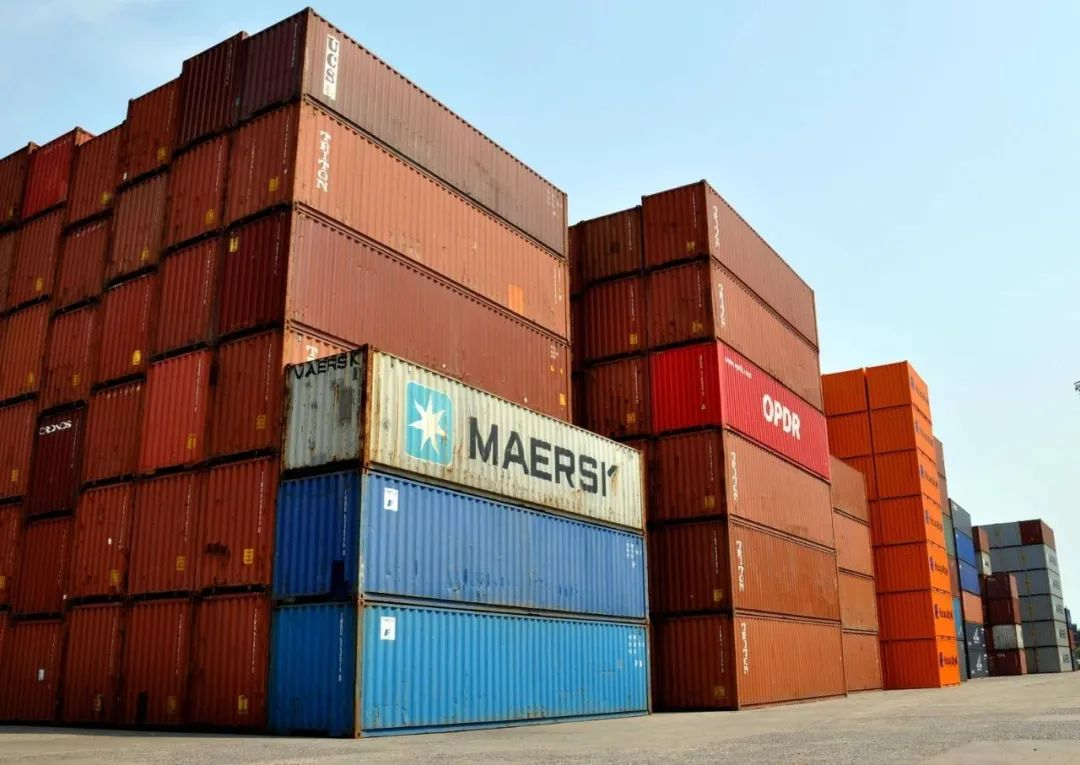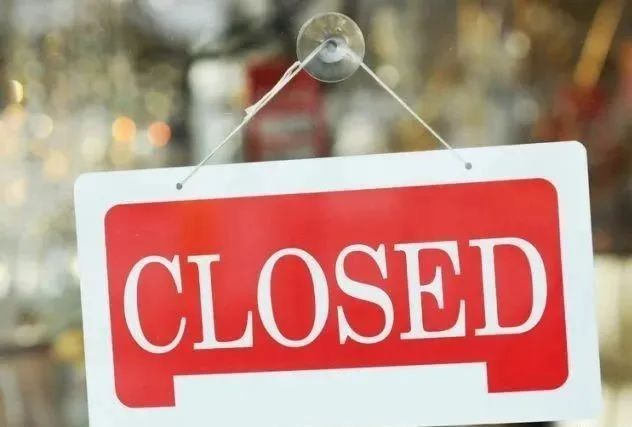On June 12th, UK-based logistics titan, Tuffnells Parcels Express, announced bankruptcy after failing to secure financing over recent weeks.
The company appointed Interpath Advisory as joint administrators. The collapse is attributed to rising costs, the impacts of the COVID-19 pandemic, and fierce competition in the UK parcel delivery market.
Established in 1914 and headquartered in Kettering, Northamptonshire, Tuffnells Parcels Express provides nationwide parcel delivery services, transportation for heavy and oversized goods, and warehousing and distribution solutions. With over 30 branches within the UK and an established global partner network, the company was considered a formidable contender in both domestic and international logistics.
“Unfortunately, the highly competitive UK parcel delivery market, combined with a significant inflation in the company’s fixed cost base, has resulted in substantial cash flow pressures,” said Richard Harrison, joint administrator and Managing Director at Interpath Advisory.
Tuffnells Parcels Express, one of the UK’s largest parcel delivery companies, boasted 33 warehouses handling goods from more than 160 global destinations and servicing over 4,000 commercial customers. The bankruptcy will disrupt approximately 500 contractors and shutter Tuffnells’ hubs and warehouses until further notice.
The situation also potentially disrupts customers of Tuffnells’ retail partners like Wickes and Evans Cycles who are waiting on deliveries of large goods like furniture and bicycles.
“Regrettably, due to the cessation of deliveries which we are unable to
resume in the short term, we have had to make most staff redundant. Our
primary task is to provide all necessary support to those affected to claim
from the Redundancy Payments Office and to minimize disruption to
customers,” Harrison stated.
In the latest annual financial results ending December 31, 2021, the company reported a turnover of £178.1 million, with a pre-tax profit of £5.4 million. For the 16 months ending December 30, 2020, the company reported revenue of £212 million with post-tax profits of £6 million. As of that time, the company’s non-current assets were valued at £13.1 million and current assets were valued at £31.7 million.
Other Notable Failures and Layoffs
This bankruptcy comes on the heels of other notable logistics failures. Freightwalla, a leading digital freight forwarder in India and a top-ten startup in the Asia-Pacific region, also recently declared bankruptcy. Domestically, a prominent cross-border e-commerce FBA logistics firm is also on the brink of bankruptcy, reportedly due to massive debts.
Layoffs are also rampant across the industry. Project44 recently laid off 10% of its workforce, while Flexport cut 20% of its staff in January. C.H. Robinson, a global logistics and US trucking giant, announced another 300 layoffs, marking its second wave of redundancies in seven months since November 2022′s cut of 650 workers. Digital freight platform Convoy announced restructuring and layoffs in February, and self-driving truck startup Embark Trucks cut 70% of its staff in March. Traditional freight matching platform Truckstop.com has also announced layoffs, with the exact number yet to be disclosed.
Market Saturation and Fierce Competition
The failures among freight forwarding companies can largely be attributed to external factors. The Russo-Ukrainian war and an unprecedented anti-globalization trend have led to extreme market fatigue in major consumer markets in the West. This has directly impacted the decline in global trade volume and consequently, the business volume of international freight forwarding companies, a vital link in the supply chain.
The industry faces increased competitive pressure due to a shrinking business volume, a plummeting gross profit margin, and potentially, increasing costs from unregulated expansion. The sluggish global demand impacts the freight forwarding industry significantly. When economic growth slows or international trade is restricted, freight transportation demand tends to decrease.
The sheer number of freight forwarding companies and the fierce market competition has led to low profit margins and minimal profit space. To stay competitive, these companies must continuously improve efficiency, optimize costs, and provide superior customer service. Only those companies that can adapt to market demands and flexibly adjust their strategies can survive in this fiercely competitive environment.
Post time: Jun-14-2023











